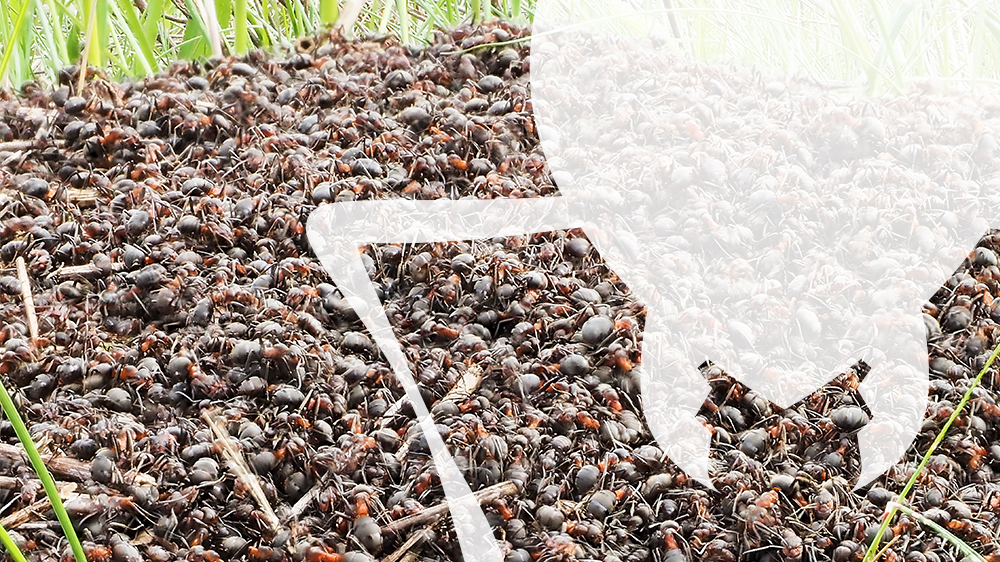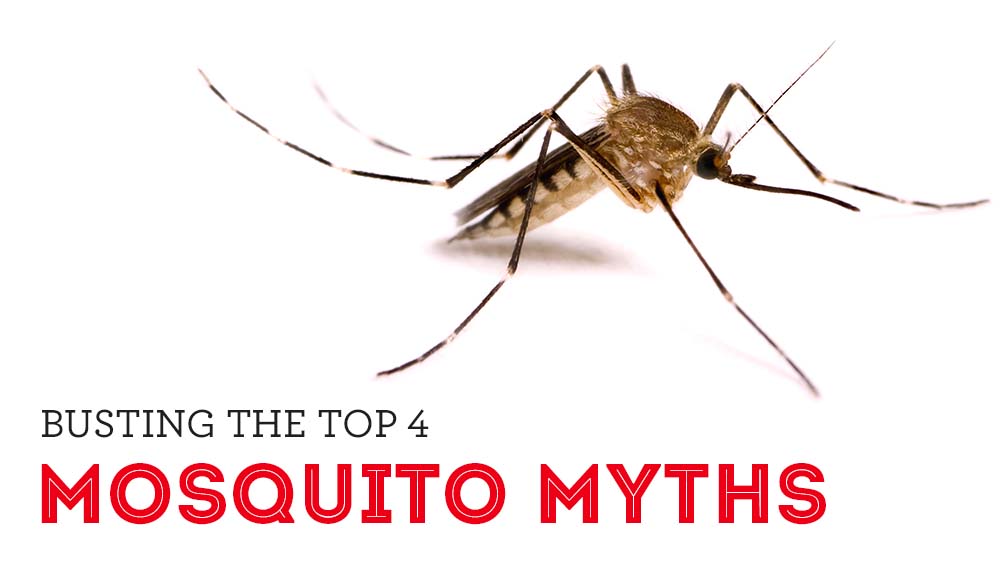
As the scorching Louisiana sun beats down, life in the Bayou State becomes a battle against the elements. It’s not just us seeking refuge from the suffocating heat and arid conditions, though – fire ants and crazy ants are on the move too. To combat this, it’s crucial to get rid of fire ants as they adapt to the harsh environment by seeking shelter and moisture, much like us.
What are Fire Ants?
Fire ants build mounds in almost any type of soil, but prefer open, sunny areas such as meadows, pastures, parks, playgrounds, lawns, sports fields, and golf courses, as well as agricultural land and wilderness areas. Often, mounds are located in rotting logs and around stumps and trees. Colonies can also occur in or under buildings. To effectively manage these pests, it’s important to get rid of fire ants, as they will not create mounds when the weather is extremely hot or dry. During this time, they go deep underground during the day and come out at night to forage. Learn about fire ant risks and safety tips (CDC fire ant info).
What are Crazy Ants?
Crazy ants are another breed of ants that have been on the rise in Louisiana over the last few years. While they don’t sting or bite, crazy ants can cause structural damage because they often nest in homes, electrical boxes, etc. and they thrive and multiply in moist, wooded areas, cracks, crevices–anywhere they can find shelter. While people have tried to end the pests’ existence, they often find they are fighting a losing battle.
A Raft of Ants
One of the craziest things about these ants is their ability to form rafts in response to heavy rainfall. These rafts allow the ants to float on water instead of drowning. They work together in harmony, with the lower ants acting as sacrificial lambs, forming a base that supports the rest of the colony. While some ants die at the bottom, the majority of the colony survives this ordeal and relocates once the waters recede. This collective effort shows the incredible resilience of these tiny creatures.
Can you be allergic to Ants?
Yes! Ants can be life-threatening if you have an allergy to them. The Bug Man has products to help you keep them out of your yard and your home. While crazy ants don’t sting or bite, fire ant stings are painful, characterized by a local burning sensation, which swells into a bump within hours. The bump may develop into a white pustule within 24–36 hours, which can become infected if scratched, but will spontaneously flatten within a few days if left alone.
The Bug Man has products to help you keep ants out of your yard and your home. From Fire Ants to Crazy Ants, we can solve any of your ant problems.
https://bugmanonline.com/specialized-services/ant-control/




